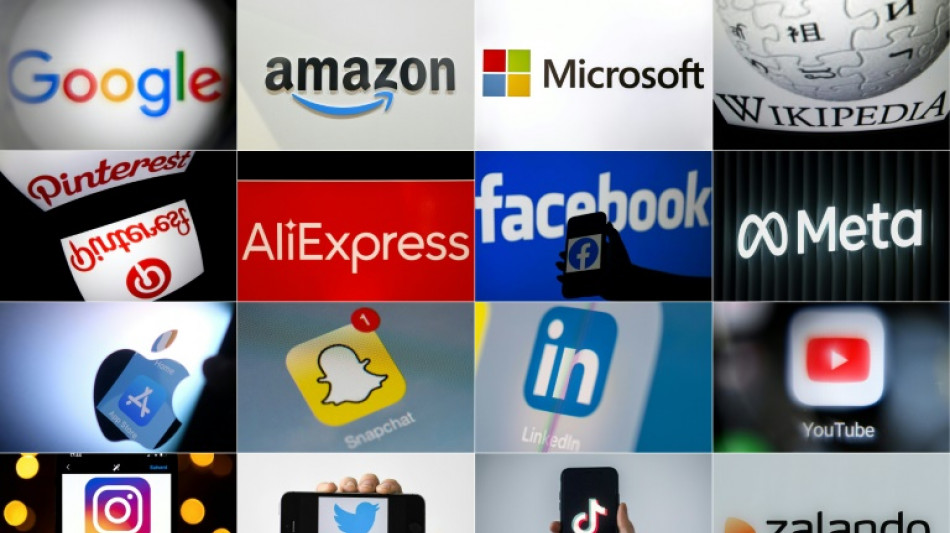

Japan enacts law ensuring access to third-party apps
Japan on Wednesday enacted legislation to ensure tech giants like Google and Apple give access to third-party smartphone apps and payment systems on their platforms or risk major fines.
Similar to the European Union's new Digital Markets Act, the law mandates that they act fairly and make operating systems, browsers and search engines available for all.
Behaviour deemed anti-competitive will see operators fined 20 percent of their revenue in Japan for each offending service, rising to 30 percent if they do not stop.
"The EU has already taken early steps and implemented new regulations," a Japan Fair Trade Commission statement said.
"For the digital markets of Japan, the United States and Europe to align their efforts and demand fair competition from digital platform operators, a new legal framework is needed in the Japanese market."
Parliament's upper house approved the law with no amendments on Wednesday.
Ahead of the vote by lawmakers, Shinji Morimoto, chair of the upper house committee on economy and industry, said the bill "prohibits acts that may restrict competition related to specified software".
He did not directly name tech companies such as Google or Apple -- sometimes described as a "duopoly" in the smartphone app world.
In April, government spokesman Yoshimasa Hayashi said Japan would "improve the competitive environment" for software such as app stores to "realise consumer choice, while also ensuring security".
Kyodo News reported that the law is expected to take effect by the end of 2025.
The EU says its Digital Markets Act (DMA) -- legal armoury to bring big tech to heel -- will lead to fairer competition, but Apple has criticised the new law, saying it risks endangering users' privacy and security.
The DMA targets the world's biggest tech companies such as Apple and also other firms including Meta and Microsoft, all of which must adhere to a list of obligations.
The European Commission in March launched its first probe into Apple under the DMA.
A.Schmit--LiLuX



